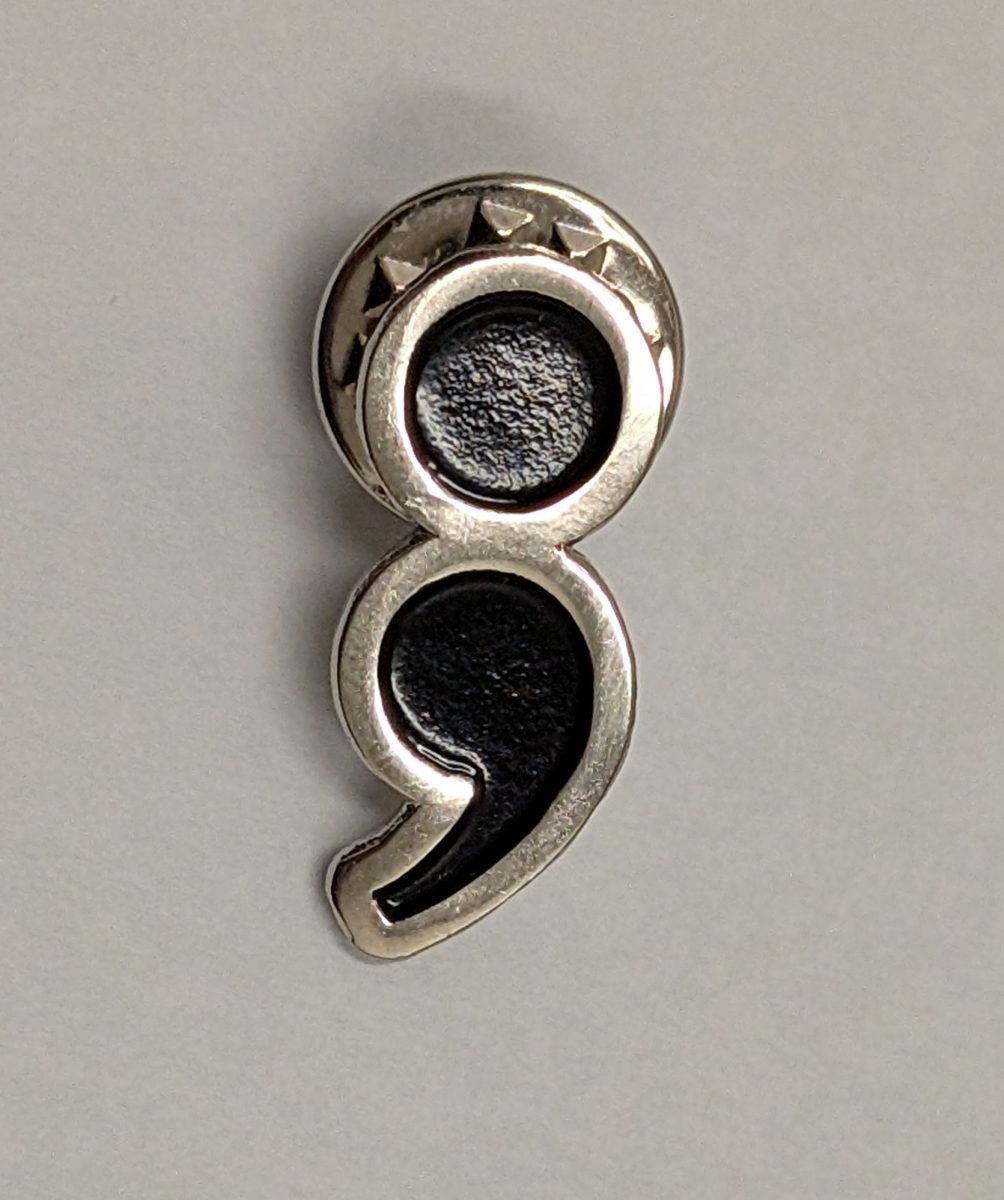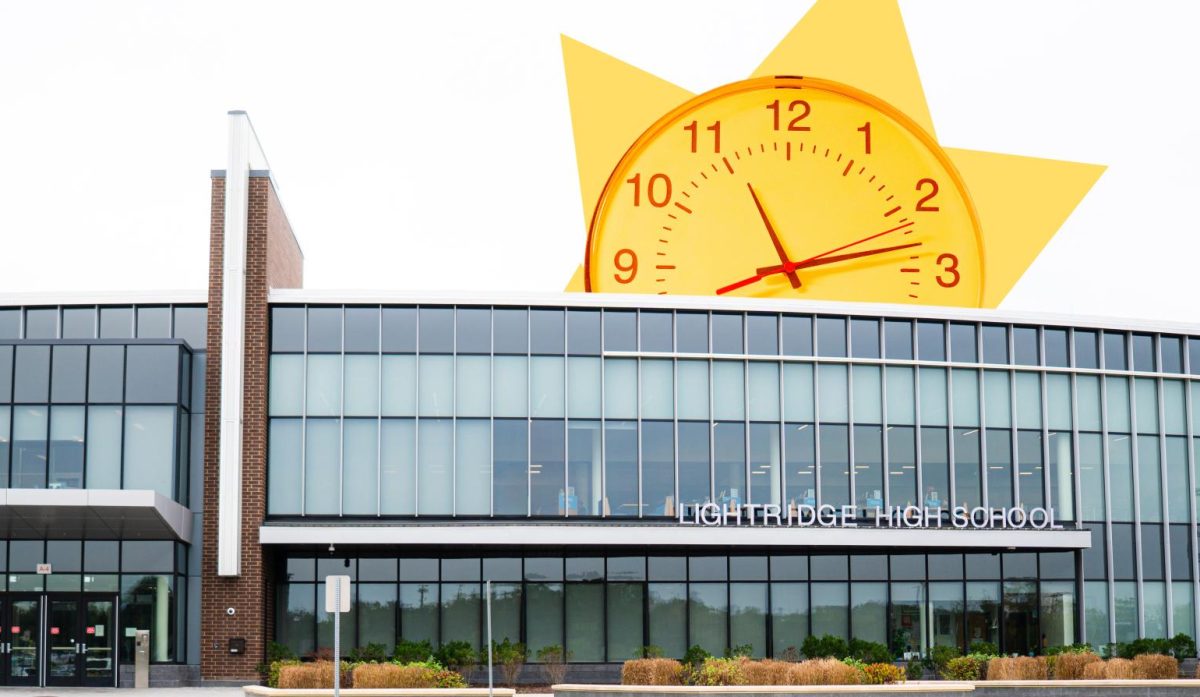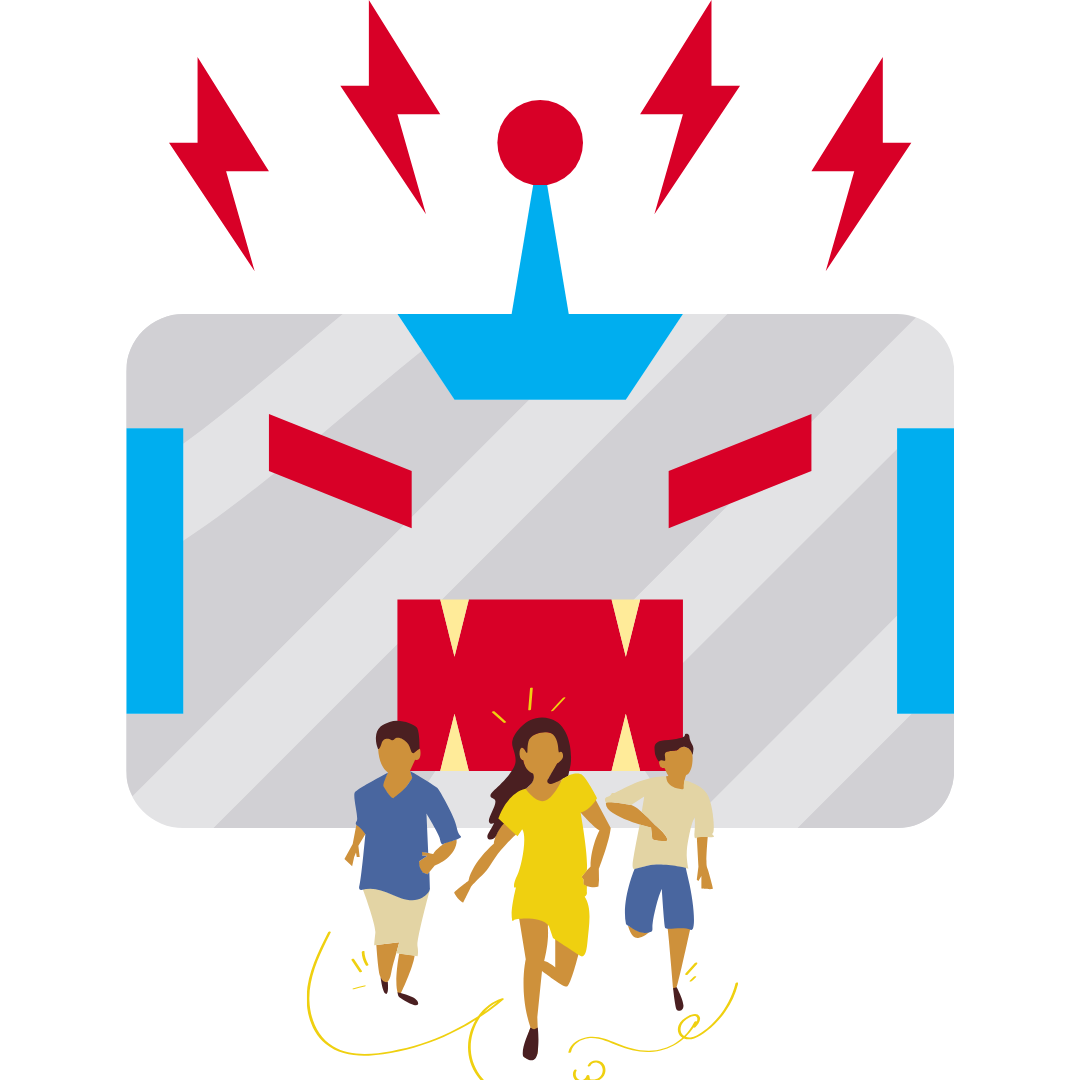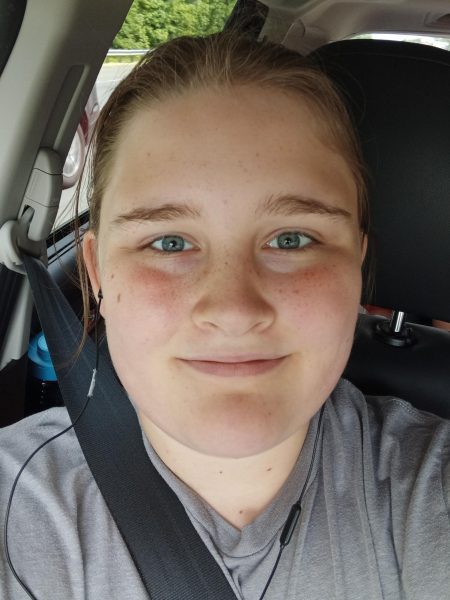Disclaimer: This article covers sensitive topics on the mental health spectrum, such as mentions of suicide. If you need help ASAP, there is a list of emergency hotlines at the bottom of the article. If it is not urgent but still a problem, reach out to your counselor.
You’ve probably heard the term ‘Mental Health’ before, along with ‘Mental Health Awareness’. But what exactly does that mean? Mental health is defined as “a state of mental well-being that enables people to cope with the stresses of life, realize their abilities, learn well and work well, and contribute to their community,” according to the World Health Organization. Mental health is often talked about a lot in recent times because it is truly important. Mental health is just as important as physical health, if not more important.
May is Mental Health Awareness Month, which began in 1949 in the United States. The symbol for mental health awareness is a green ribbon, but there are more specific symbols, such as a semicolon for suicide awarness and suicide survivors. Another important reason for mental health awareness is that in 2009, 8.1% of teenagers suffered from depression, and that jumped to 15.8% in 2019. In April of 2025, it jumped to 19.2%.
It is important to have May as Mental Health Awareness Month as it can shine a light on a really important issue in the world that often isn’t talked about in detail as much as other things, such as physical health. It also shows that there is hope; even if things look like it won’t get better, there is a light at the end of the tunnel and things do truly get better.
“Mental Health is just as important to our daily functioning as our physical health. If I were to get the flu or break a bone,” said school counselor Meagen Zawistowski. “ I would go to a doctor to treat what is inhibiting my normal functioning. Mental health is the same.”
If we all work together to spread awareness and support, more people can get help, which will help lower the rates of suicide amongst teenagers and lower the percentage of individuals suffering from untreated mental health conditions.
Emergency Helplines
911 : Ask for a crisis intervention team or a CIT.
988 : Suicide and mental health hotline (Call, text and chat options.)
1-866-488-7386 : The Trevor Project (for young members of the LGBTQ+ community.)








